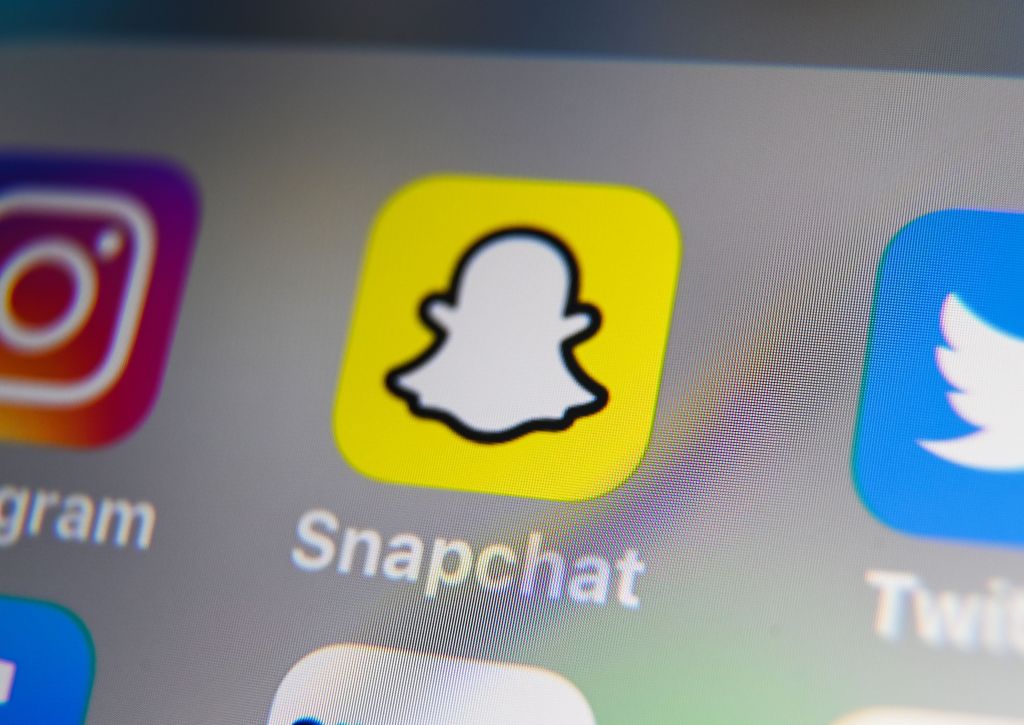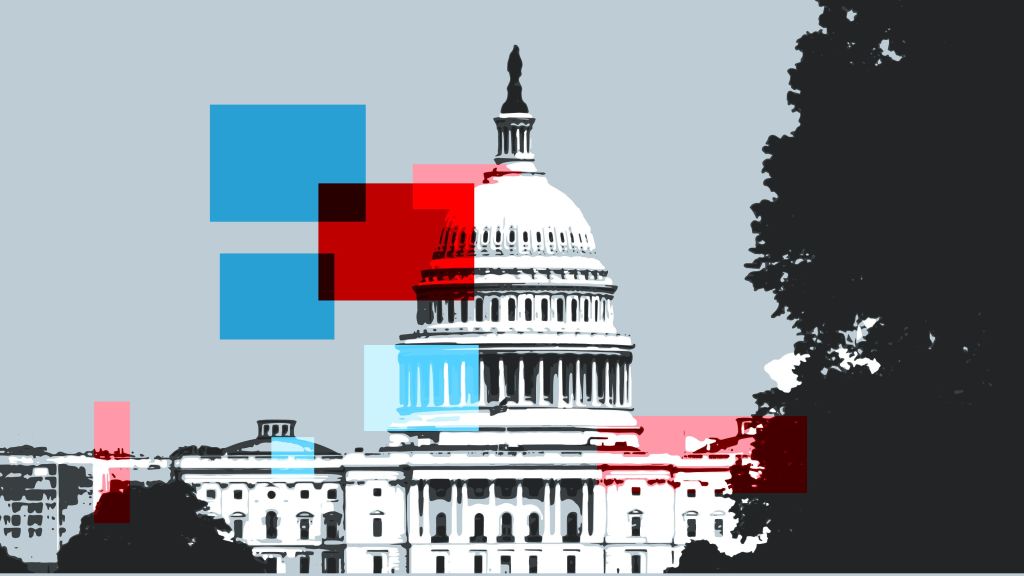
A lawsuit blaming Snapchat for a series of drug overdoses among young people can proceed, a Los Angeles judge ruled this week.
A group of family members related to children and teens who overdosed on fentanyl sued Snapchat maker Snap last year, accusing the social media company of facilitating illicit drug deals involving fentanyl, a synthetic opioid many times deadlier than heroin. Fentanyl, which is cheap to produce and often sold disguised as other substances, can prove lethal in even extremely small doses.
The parents and family members involved in the lawsuit are being represented by the Social Media Victims Law Center, a firm that specializes in civil cases against social media companies in order to make them “legally accountable for the harm they inflict on vulnerable users.”
The lawsuit, originally filed in 2022 and amended last year, alleges that executives at Snap “knew that Snapchat’s design and unique features, including disappearing messages… were creating an online safe haven for the sale of illegal narcotics.”
“Long before the fatal injuries giving rise to this lawsuit, Snap knew that its product features were being used by drug dealers to sell controlled substances to minors,” Matthew P. Bergman, who founded the Social Media Victims Law Center, said at the time.
Snapchat rebutted the claims, noting that it is “working diligently” to address drug dealing on its platform in coordination with law enforcement. “While we are committed to advancing our efforts to stop drug dealers from engaging in illegal activity on Snapchat, we believe the plaintiffs’ allegations are both legally and factually flawed and will continue to defend that position in court,” a Snapchat representative told TechCrunch.
In the ruling on Tuesday, Los Angeles Superior Court Judge Lawrence Riff rejected Snap’s effort to get the case dismissed. Snap had argued that the case should be thrown out on the grounds that the social media app is protected by Section 230 of the Communications Decency Act, a law that protects online platforms for liability from user-generated content.
“Courts in California and the Ninth Circuit have explicitly held that Section 230 immunity applies to communications about illegal drug sales and their sometimes-tragic consequences—the exact circumstances here—because the harm flows from third-party content that was exchanged by third parties on the defendant’s social media platform,” Snap’s lawyers argued in their brief last year.
Riff did dismiss four counts against Snap but overruled the company’s efforts to throw out more than 10 others, including negligence and wrongful death. He also waded into Section 230’s relevance to the case, but did not conclude that the law’s legal shield should protect Snap outright:
Both sides contend that the law is clear and the legal path forward obvious. Not so. The depth of disagreement is revealed by the parties’ inability jointly to label Snap’s social media presence and activities: “service,” “app,” “product”, “tool,” “interactive course of conduct,” “platform,” “website,” “software” or something else.
What is clear and obvious is that the law is unsettled and in a state of development in at least two principal regards (1) whether “section 230” (a federal statute) immunizes Snap from potential legal liability under the specific allegations asserted and (2) whether concepts ofstrict products liability – usually applicable to suppliers of tangible products – already do or now should extend to specified alleged conduct of Snap.
That interpretation is likely to prove controversial and the latest in a flurry of recent cases in which a judge allowed a lawsuit that might be tossed out on Section 230 grounds to proceed.
Supreme Court arguments this week could reshape the future of the internet

